- Teacher: Dawn Montgomery
Lewis & Clark Moodle
Search results: 308
- Teacher: Tod Sloan
- Teacher: Sue Feldman
- Teacher: Frances Lessman
race, it is important that each of the sprinters
speedily covers their portion of the race. Equally
important is the fluidity of transferring
responsibility from one runner to the next, the
critical passing of the baton, or "pasar la
batuta". It is in this moment when all of the
effort given by one runner helps jump start their
teammate in a seamless fashion, or when the work
is abruptly halted because the hand off is faulty.
This critical transfer can define the outcome of
the race. The analogy of "pasar la batuta" well
articulates the responsibility educational leaders
in P-12 and higher education settings have for
fashioning a seamless transition for students to
navigate. As it stands, the movement between
primary and secondary education into postsecondary
education is disjointed. This course will explore
why the transition across the educational pipeline
is choppy, what factors need to be considered in
order to facilitate a smoother move, and the
opportunities for leaders to foster that change.
- Teacher: Emilio Solano
race, it is important that each of the sprinters
speedily covers their portion of the race. Equally
important is the fluidity of transferring
responsibility from one runner to the next, the
critical passing of the baton, or "pasar la
batuta". It is in this moment when all of the
effort given by one runner helps jump start their
teammate in a seamless fashion, or when the work
is abruptly halted because the hand off is faulty.
This critical transfer can define the outcome of
the race. The analogy of "pasar la batuta" well
articulates the responsibility educational leaders
in P-12 and higher education settings have for
fashioning a seamless transition for students to
navigate. As it stands, the movement between
primary and secondary education into postsecondary
education is disjointed. This course will explore
why the transition across the educational pipeline
is choppy, what factors need to be considered in
order to facilitate a smoother move, and the
opportunities for leaders to foster that change.
- Teacher: Emilio Solano
- Teacher: Emilio Solano
- Teacher: Amy Dvorak
- Teacher: Amy Dvorak
workshop, emphasizing secondary readings that
consider life as a writer after graduation,
including the world of publishing, MFA programs,
agents, and internships. Students complete a long
project (a suite of short stories; a novella; and,
potentially, the beginning of a novel). Small
class size emphasizes individualized instruction.
- Teacher: Don Waters
- Teacher: Tessa Forth
- Teacher: Alana Rader
- Teacher: Elizabeth Safran
- Teacher: Elizabeth Safran
- Teacher: Elizabeth Safran
- Teacher: James Proctor
- Teacher: Shoshana Rybeck
- Teacher: Elizabeth Safran
- Teacher: James Proctor
- Teacher: Shelly Reggiani
- Teacher: Erin Ocon
- Teacher: Shelly Reggiani
- Teacher: Shane Burchell
- Teacher: Shane Burchell
- Teacher: Shane Burchell
- Teacher: Erin Ocon
- Teacher: Shane Burchell
social, and political characteristics of bilingualism and biculturalism in the United States and abroad. ESOL/bilingual teaching is considered in light of laws, research findings, and second-language acquisition theory. Ensures
that educators are not only able to plan and implement programs optimal learning of all students, but also gives educators the tools to advocate for equity in their schools and school communities.
- Teacher: Shane Burchell
- Teacher: Erin Ocon
- Teacher: Maureen Ray
- Teacher: Alejandra Favela
- Teacher: Erin Ocon
- Teacher: Amber Tatge
- Teacher: Alejandra Favela
- Teacher: Erin Ocon
- Teacher: Amber Tatge
- Teacher: Erin Ocon
- Teacher: Erin Ocon
- Teacher: Erin Ocon
- Teacher: Alejandra Favela
- Teacher: Alejandra Favela
- Teacher: Alejandra Favela
- Teacher: Wei-Wei Lou
- Teacher: Erin Ocon
- Teacher: Danica Jensen Weiner
- Teacher: Alejandra Favela
- Teacher: Danica Jensen Weiner
- Teacher: Sarika Mosley
- Teacher: Alejandra Favela
- Teacher: Danica Jensen Weiner
- Teacher: Sarika Mosley
- Teacher: Shane Burchell
- Teacher: Shane Burchell
- Teacher: Alejandra Favela
- Teacher: Erin Ocon
- Teacher: Shelly Reggiani
- Teacher: Shane Burchell
- Teacher: Shelly Reggiani
- Teacher: Shane Burchell
- Teacher: Nicole Hilton
- Teacher: Erin Ocon
- Teacher: Maureen Ray
- Teacher: Amber Tatge
This course is an exploration of the strategies, methodology, philosophy, and classroom organizational structure that have been found to benefit content and literacy outcomes for ELL (English language learner) students. Language experience, cooperative learning, and constructivist strategies are practices that will be examined and modeled during this course. Students will revisit first and second language acquisition, as well as sheltered instruction models, used to adapt curriculum for ELL students at all grade levels. The practices learned in this course ensure development of language proficiency by accessing content and cognitive language. Participants learn the use of authentic assessments that allow students to demonstrate learning in ways not dependent on high levels of English. Exploration of ELP (English Language Proficiency) standards and strategies will deepen student understanding of the relationship between oral language and content learning. Participants will experience a wide range of methodologies and reflect on how they impact student and teacher learning.
- Teacher: Erin Ocon
- Teacher: Amber Tatge
- Teacher: Yasin Tunc
- Teacher: Erin Ocon
- Teacher: Erin Ocon
- Teacher: Erin Ocon
- Teacher: Erin Ocon
Apprenticeship to a mentor who works in a, classroom that requires the ESOL endorsement., Practicum may be conducted in a variety of, classrooms, such as English as a Second Language, (ESL), bilingual, or English Language Development, (ELD). Practicum interns work with individuals as, well as small and large groups to practice, teaching students who are acquiring English as a, second language. As part of the practicum,, candidates are assigned an on- site mentor and a, university supervisor. Candidates are observed, teaching two ELD/ESL lessons and two sheltered, content lessons.
- Teacher: Erin Ocon
- Teacher: Erin Ocon
Theories of how first and second languages, (written and spoken) are acquired, the importance, of first-language development and its, relationship to the acquisition of other, languages, and the relationship of language to, cognitive development. Understanding of these, issues is used to promote a school environment, that honors diverse perspectives and maximizes, language learning potential and ensures respect, for communities whose languages or varieties of, English differ from standard school English., Required for the Reading Interventionist and ESOL, endorsements. The initial course in the Reading, Interventionist Endorsement sequence and, recommended preparation for other language arts, offerings.
- Teacher: Alejandra Favela
- Teacher: Julie Frank
- Teacher: Erin Ocon
- Teacher: Nicole Hilton
- Teacher: Erin Ocon
sexuality in connection with race, class, and
ethnicity in the United States. Investigation of
social and cultural ideas about difference and
equality in the past and present. Materials
include literature, film, memoir, poetry, feminist
philosophy, political tracts, and queer theory, as
well as classic and recent scholarly work in
history, sociology, economics, communication,
psychology, and other fields. Topics may include
mass media and consumer culture, work, law and
social policy, family, political activism and
social movements, sexuality and the body, public
health, medical research, violence, and theories
of privilege and oppression.
- Teacher: Andrea Hibbard
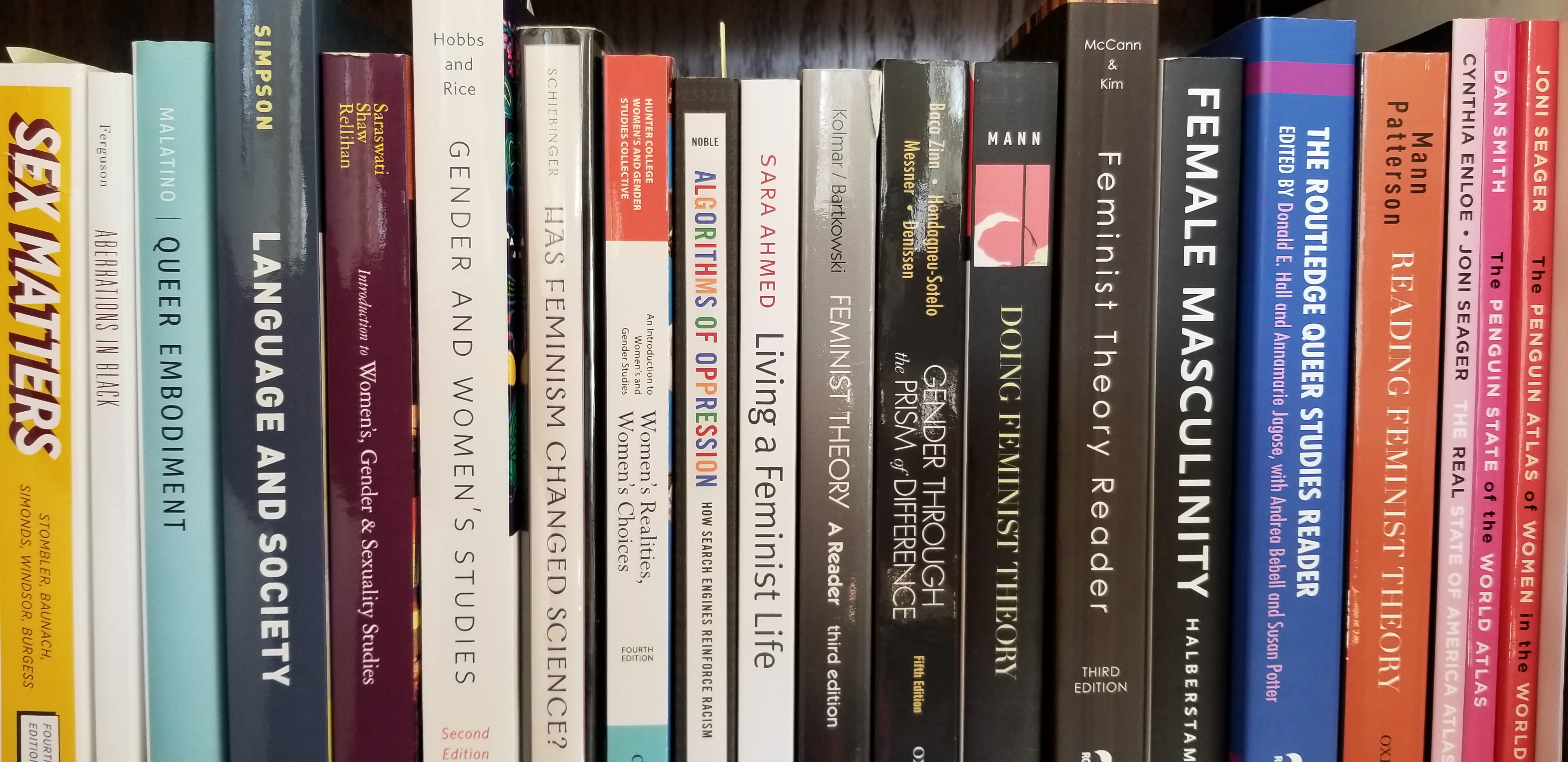
sexuality in connection with race, class, and
ethnicity in the United States. Investigation of
social and cultural ideas about difference and
equality in the past and present. Materials
include literature, film, memoir, poetry, feminist
philosophy, political tracts, and queer theory, as
well as classic and recent scholarly work in
history, sociology, economics, communication,
psychology, and other fields. Topics may include
mass media and consumer culture, work, law and
social policy, family, political activism and
social movements, sexuality and the body, public
health, medical research, violence, and theories
of privilege and oppression.
- Teacher: Kimberly Brodkin
- Teacher: Andrea Hibbard

- Teacher: Kimberly Brodkin
- Teacher: Andrea Hibbard
- Teacher: Andrea Hibbard
- Teacher: Andrea Hibbard

- Teacher: Kimberly Brodkin
- Teacher: Kimberly Brodkin
- Teacher: Andrea Hibbard
- Teacher: Kimberly Brodkin
- Teacher: Kimberly Brodkin
- Teacher: Kimberly Brodkin
- Teacher: Kimberly Brodkin
Fall 2021 - Gender Studies
231 Genders and Sexualities in a Global Perspective
Course Description: This is a feminist anthropological approach to the study of gender and sexuality. We will read some text that take a cross-disciplinary approach within the social sciences; however, this is not a general survey course. Our approach to reading emphasizes comprehension, analysis and critique, in that order. The course pace is slow - moderate.
The course has three aims/trajectories. First, it provides a historiography of studying social difference within anthropology. Anthropologists acknowledge the changing nature of culture, society, and nation. Some material will be dated. Some is not. We are looking at how theory, debates and analyses around gender and sexuality have developed/is changing over time in the discipline and within different socio-cultural settings. The second aim picks up from there. In addition to textbooks, we will read ethnographic research article and ethnographic texts that provide historical and contemporaneous descriptions of gender identity and sexual expressions in different socio-cultural settings. Third, material from popular sources will give us respite from the academic voice.
- Teacher: Kim Cameron-Dominguez

- Teacher: Susan Glosser

- Teacher: Susan Glosser

- Teacher: Susan Glosser
elements of European history, 800 to 1648. Role of
Christianity in the formation of a dominant
culture; feudalism and the development of
conflicts between secular and religious life.
Contacts with the non-European world, the
Crusades, minority groups, popular and elite
cultural expressions. Intellectual and cultural
life of the High Middle Ages, secular challenges
of the Renaissance, divisions of European culture
owing to the rise of national monarchies and
religious reformations.
- Teacher: Joel Davis
- Teacher: Benjamin Westervelt
elements of European history, 1648 to the present.
The scientific revolution, the Enlightenment,
national political revolutions, capitalism,
industrial development, overseas imperial
expansion. The formation of mass political and
social institutions, avant-garde and popular
culture, the Thirty Years' War of the 20th
century, bolshevism, fascism, the Cold War, and
the revolutions of 1989.
- Teacher: Maureen Healy
Drawing on a mix of primary sources and secondary literature, we will discover new ways of understanding the logics of conquest, the growth of new societies, and the various forms of resistance and adaptation people adopted to oppose colonialism and imperialism and assert their own visions of the settlement and resettlement of the continent. Throughout the course, we will focus on the central themes of capitalism, labor, social identity, and law and how these historical forces carry on into the present.
- Teacher: Nancy Gallman
political, cultural, economic, and social
developments of the United States from the
Revolutionary period through the Spanish-American
War. The themes underpinning the course will be
the contested nature of freedom and the
relationship between freedom and slavery; settler
colonialism; ideologies about manhood and
womanhood; the growth of capitalism; and the
expansion of the nation-state and the origins of
American empire. Along with attending to these
themes, the course will provide you with an
introduction to the discipline of history itself.
History is not a series of names and dates, but an
interpretive act in which we develop conclusions
based on various types of historical evidence.
- Teacher: Nancy Gallman
- Teacher: Reiko Hillyer
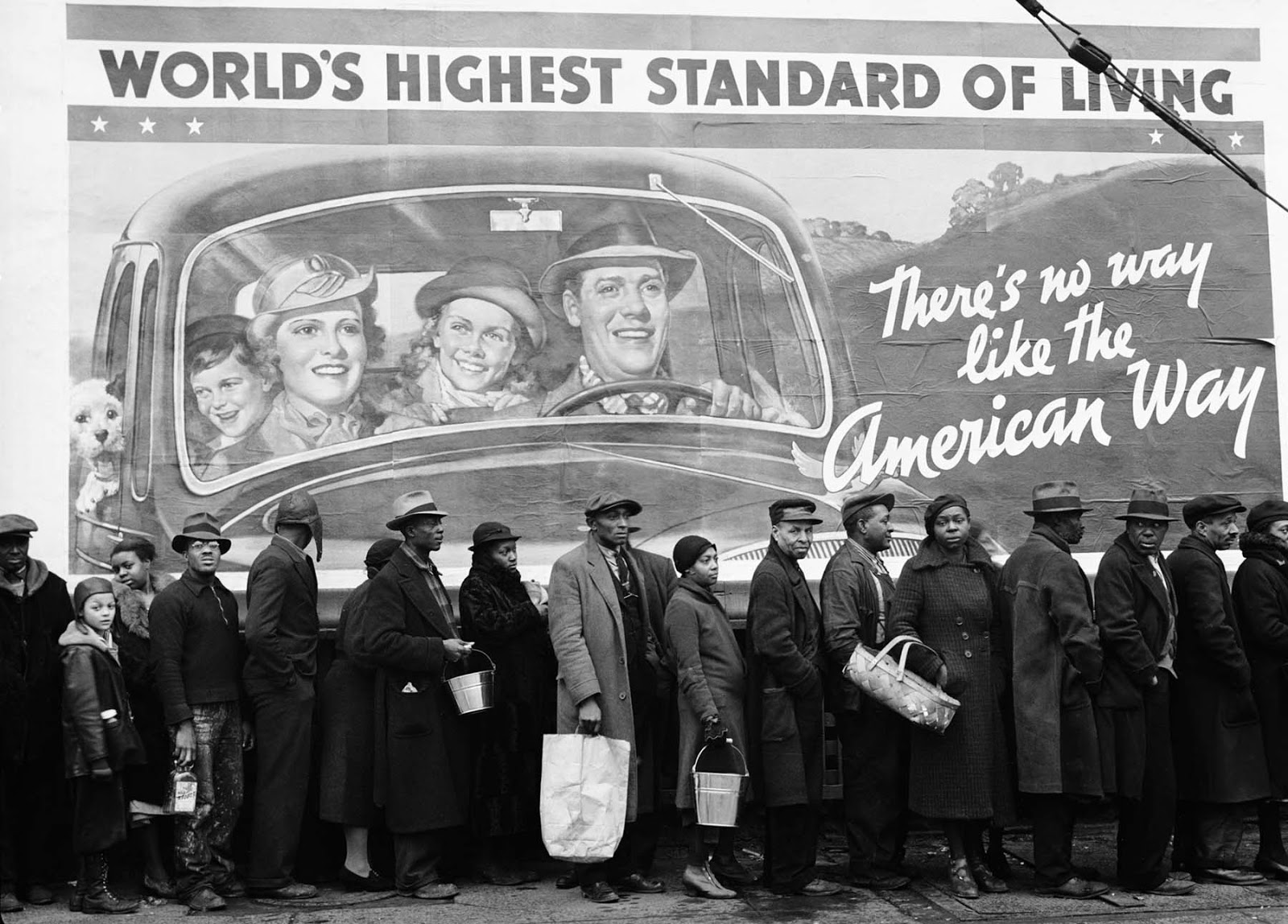
- Teacher: Stan Fonseca
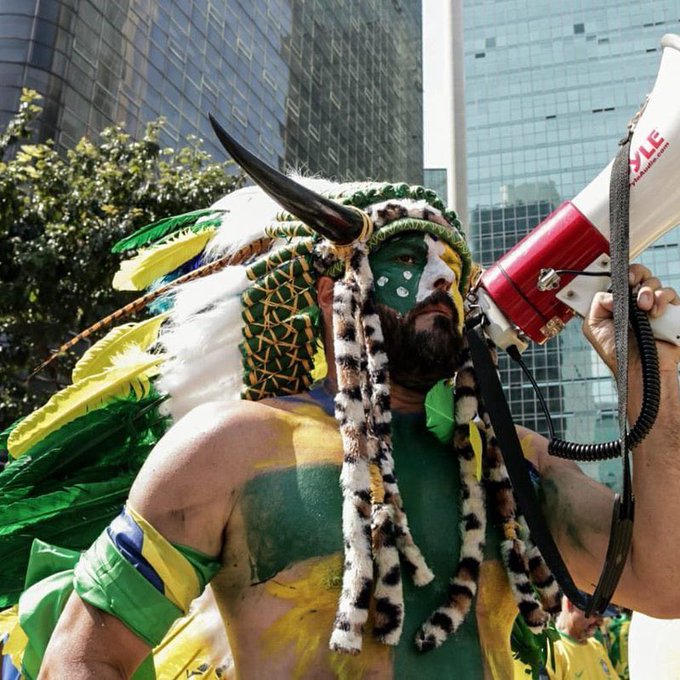
The history of modern Latin America, from independence at the beginning of the nineteenth century until the present, is one that continues to have a profound political, social and economic impact on the United States. This course will provide a context for the dizzying array of episodic news reports about the vast America that lies south of the Rio Grande. It is a survey in that we will focus on broad themes, but we will also be exploring, as much as possible, the particular experiences of individual countries and social classes. Themes that we will be investigating include nation-building, industrialization, modernization, development, indigenous rights, racism, revolution, “neo-colonial” or “dependent” relations with advanced industrialized countries, military rule, social movements and narco-trafficking.
We will begin and end the course with a discussion of more recent trends in Latin America, including the rise of neoliberalism and the concurrent re-emergence of social rebellion and populism from below.
- Teacher: Elliott Young
- Teacher: Gordon Kelly
through 20th centuries: the "nationalities
question" that emerged from within the Habsburg
and Russian empires; multinational zones; wars;
successor states of the interwar period; the
Balkans and the Yugoslav dissolution of the 1990s;
consideration of East Europeans' membership in the
EU. Students will learn to do primary and
secondary source research and will conduct an
original research project over the course of the
semester.
- Teacher: Maureen Healy
- Teacher: Reiko Hillyer
States from the colonial period to the present,
with a focus on the 19th and 20th centuries as
influenced by class, race, and region. Topics
include the transformation of a household economy
to an industrial economy; the influence of slavery
and emancipation on the experience of women, bound
and free; women's movement into low-paid "women's
work" and their designation as the primary
consumers in a consumer society; women's
involvement in social reform; changing notions of
women's (and men's) sexuality; the conflicted
history of women's suffrage; the relationship
between ideologies of gender and imperialism;
suburbanization and the "feminine mystique"; and
the rights revolutions of the 20th century.
- Teacher: Reiko Hillyer
- Teacher: Nancy Gallman
that have helped shape ordinary built
environments: farms, fast-food restaurants, theme
parks, sports stadiums, highways, prisons, public
housing. Patterns of economic growth and decline,
technological innovation, segregation,
gentrification, capital migration and
globalization, historic preservation, and changing
ideologies about nature and the city.
- Teacher: Reiko Hillyer
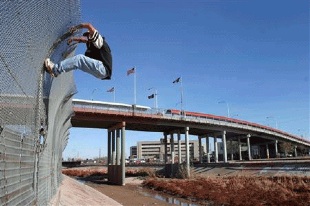
As well as studying the basic political/economic history of the border, we will explore the impact of the border on the construction of racial, national, gender and class identities. Thus, we will be seeking to understand what the border and the borderlands can teach us about ethnic and transnational relations more generally. We begin in the sixteenth century when this region was being settled by Spaniards moving north from New Spain to highlight the continuities between the colonial and national eras. However, we will spend most of our time examining the nineteenth and twentieth centuries when the US-Mexico border came into existence. Themes we will explore include race relations, capitalist development, ethnic rebellion, transculturation, migration, gender, cross-border organizing, and postmodern transborder communities.
- Teacher: Elliott Young
- Teacher: Reiko Hillyer
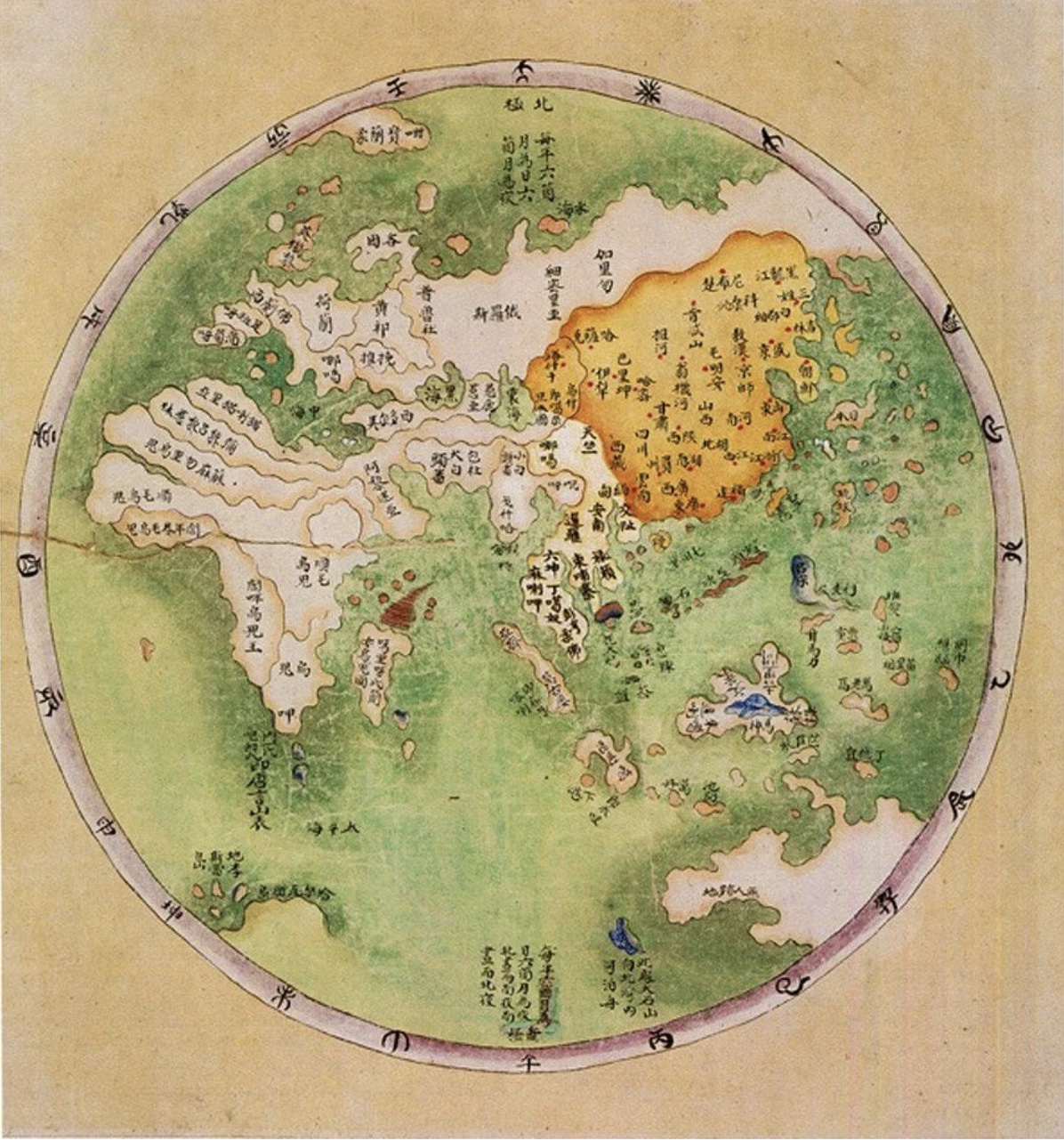
- Professor: Susan Glosser
- Teacher: Reiko Hillyer
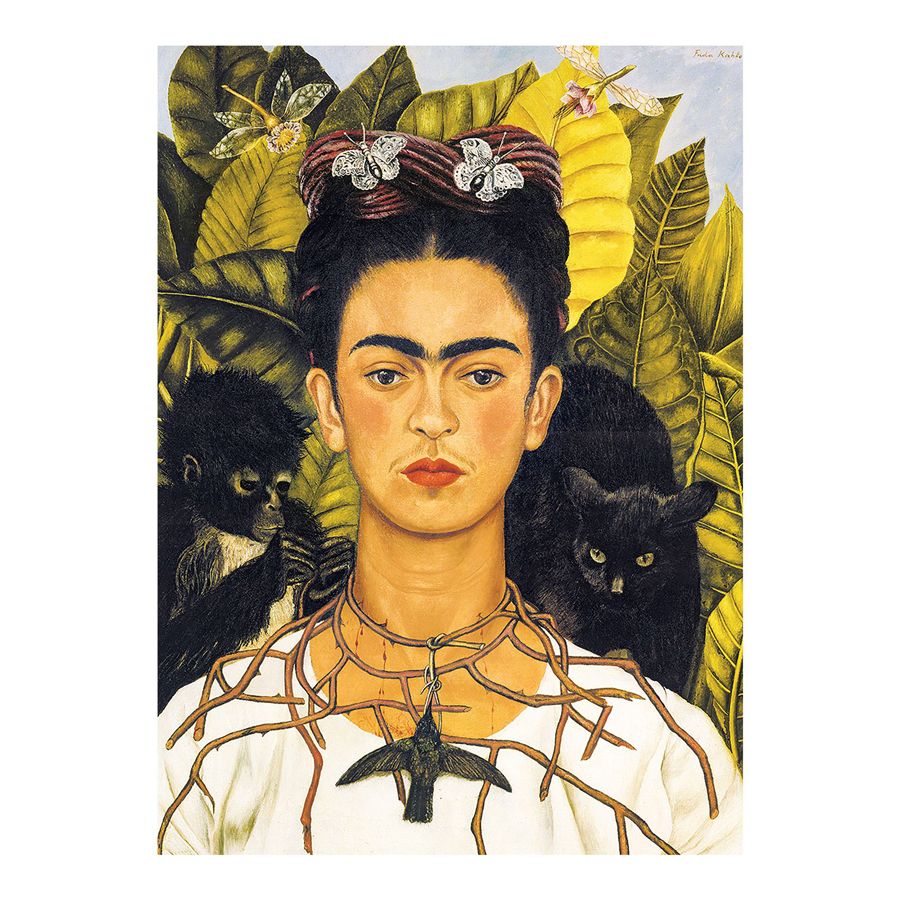
Part I- Independence and Revolution (1821-1940), explains how the Mexican State consolidated its rule and tried to foster a sense of national identity. We will focus on the crucial 34-year era of “peace and stability” under Porfirio Díaz, as well as the bloody and interminable Revolution (1910-40) that toppled his regime.
Part II- Identity and Cultural Politics takes us back to the pre-Columbian past and up to the present to ask whether there is a Mexican “essence,” and if so, what is it. We will explore post-WWII popular culture in Mexico through an examination of indigenismo, food, film, music, and political violence.
Part III- Neoliberalism, Rebellion and Political Crisis (1982- today) will investigate the period when the debt crisis, neoliberal policies, and economic crisis have fundamentally restructured Mexican society and led to the disintegration of the “old” PRI. Finally, we will end with a survey of the political scandals and armed rebellions that have rocked Mexico and led to the decline of the PRI and the destruction wrought by the Narco War.
- Teacher: Elliott Young
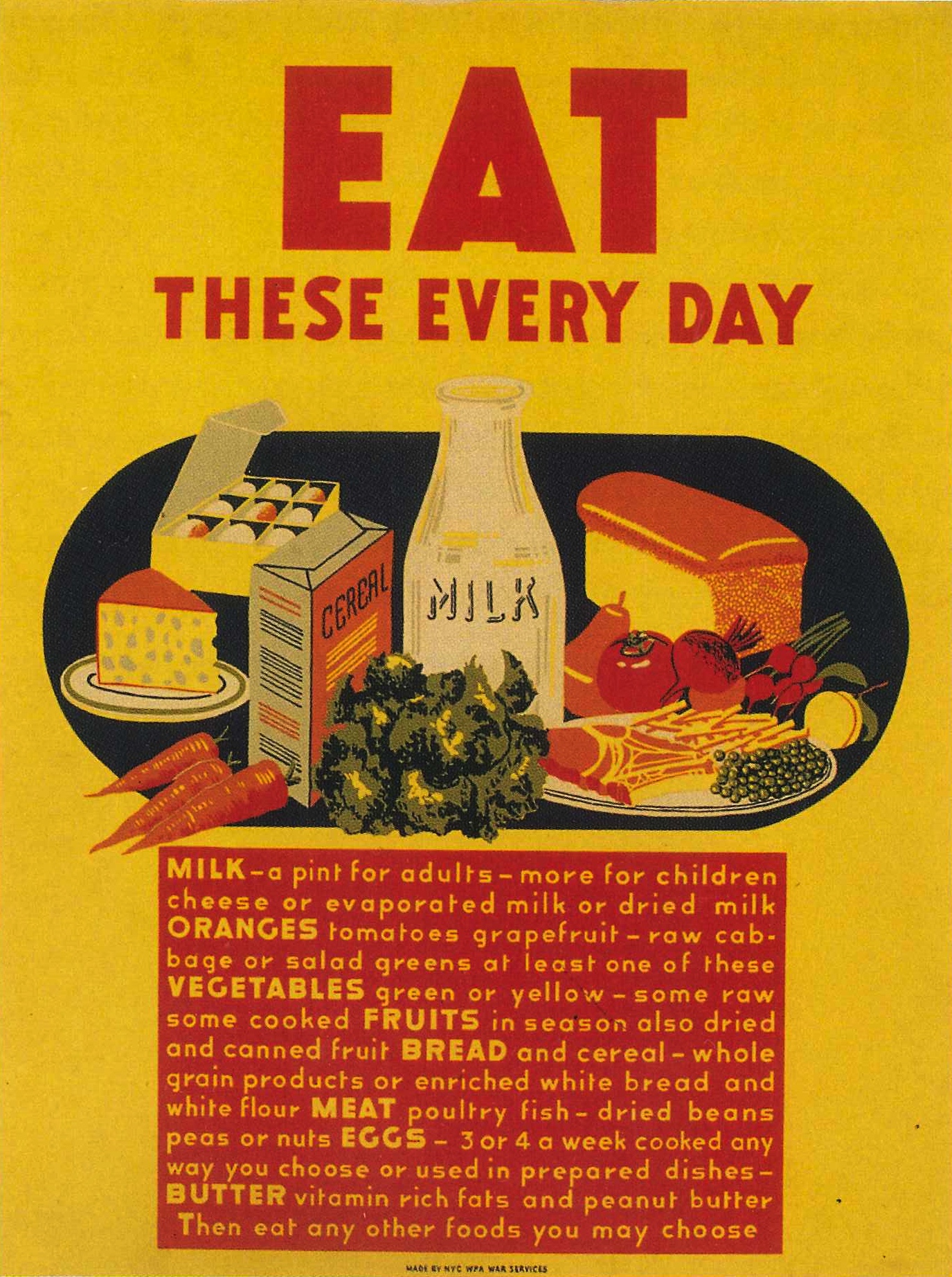
- Teacher: Susan Glosser
- Teacher: Lydia Loren
- Teacher: Gordon Kelly
Latin texts of the classical period. May be
repeated once with a change of topic. (See
registrar's office for assistance with registering
for a second iteration.)
- Teacher: Gordon Kelly
- Teacher: Gordon Kelly

- Teacher: Lisa Benjamin

- Teacher: Lisa Benjamin

- Teacher: Lisa Benjamin

- Teacher: Lisa Benjamin
- Teacher: Melissa Powers